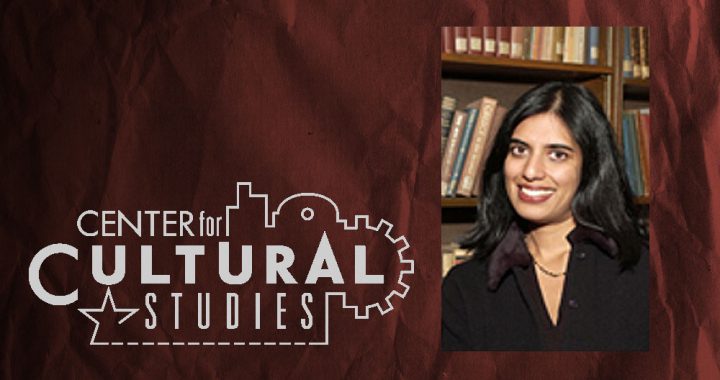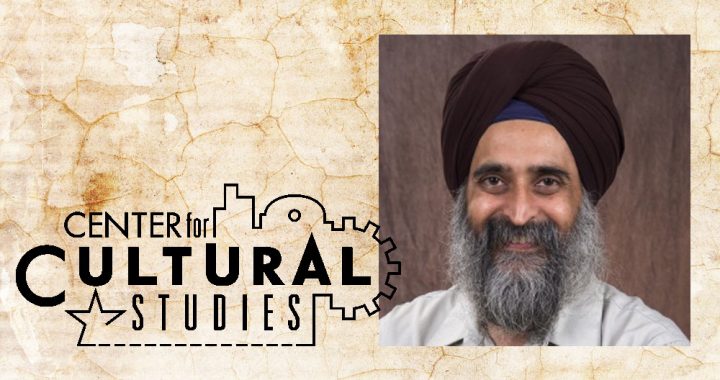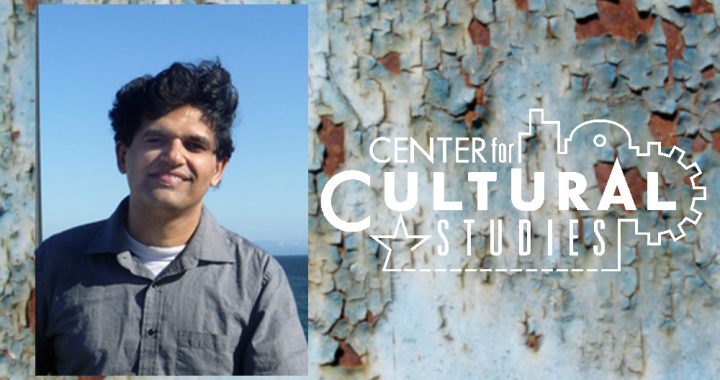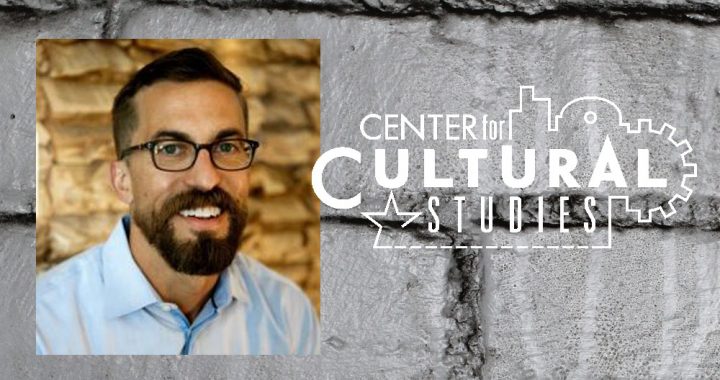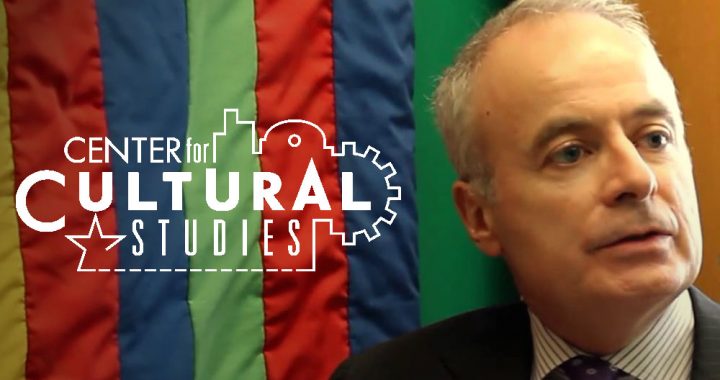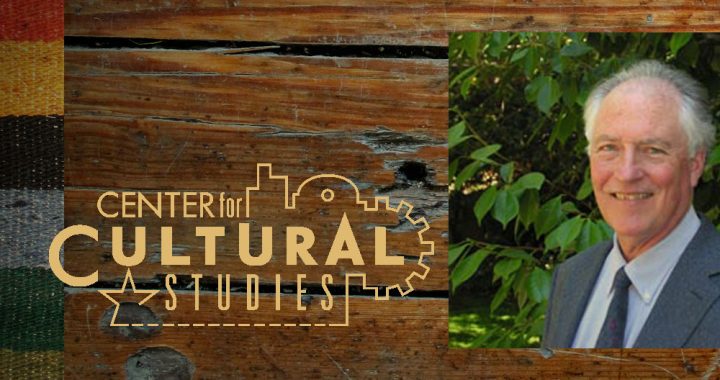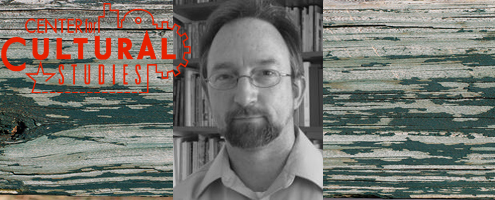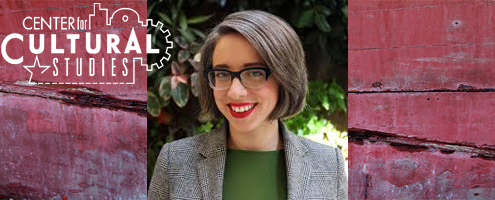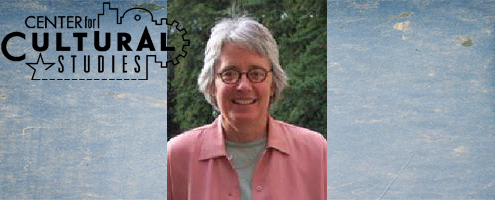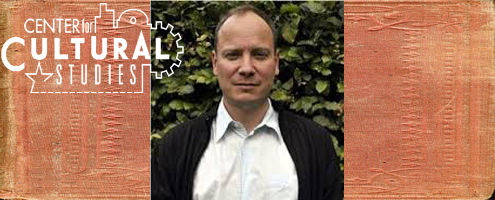Vilashini Cooppan is the author of Worlds Within: National Narratives and Global Connections in Postcolonial Writing, published by Stanford University Press in 2009. Her most recent scholarship engages postcolonial studies, race and ethnicity, and comparative and world literature. She is Associate Professor of Literature at UC Santa Cruz.
Date/Time
October 22, 2014 | 12:15 PM
Free and open to the public
Venue
Humanities Building 1, Room 210
University of California, Santa Cruz

